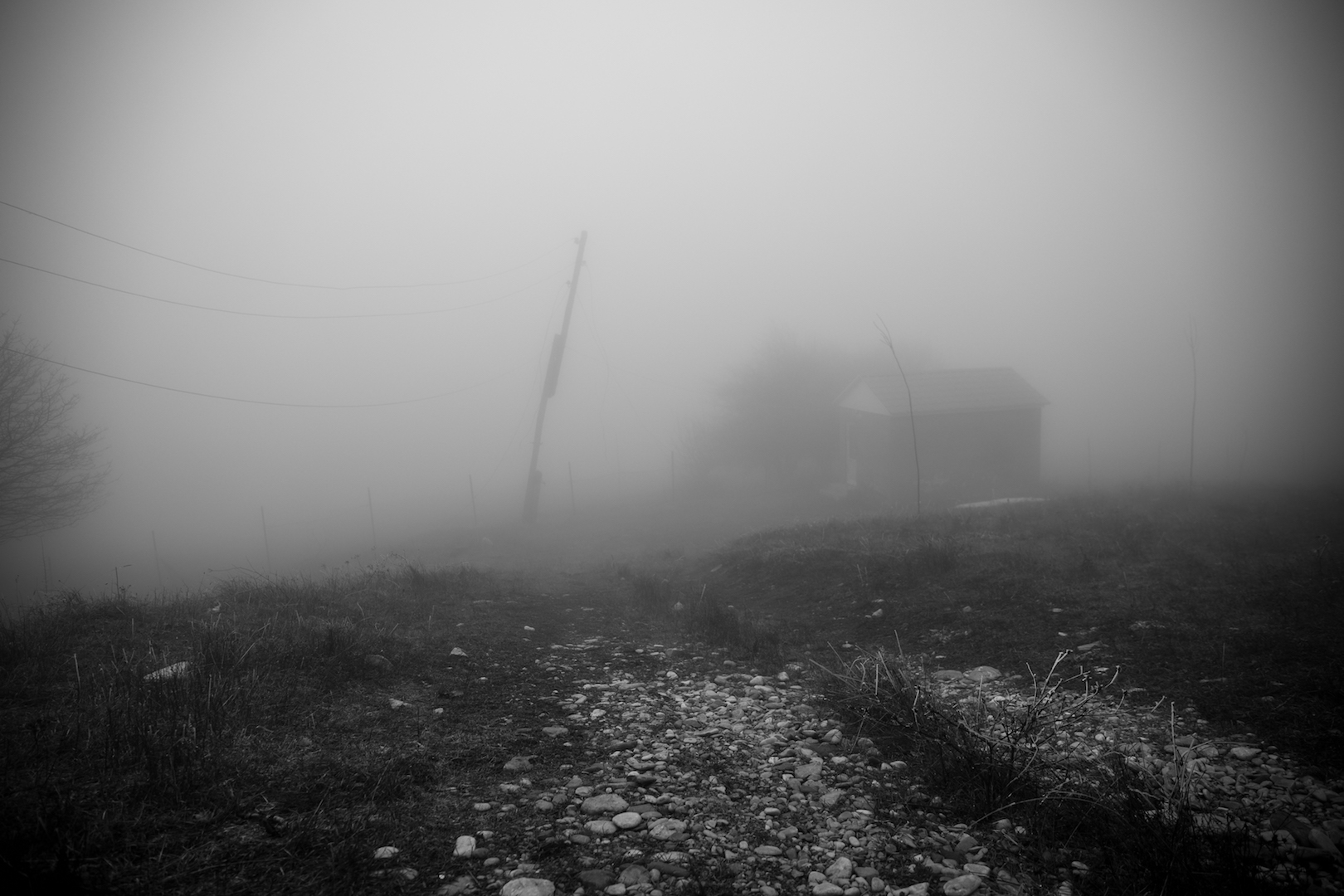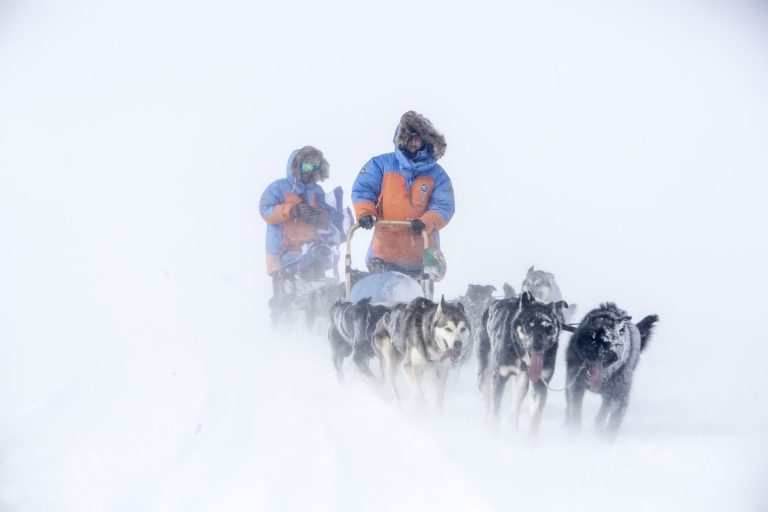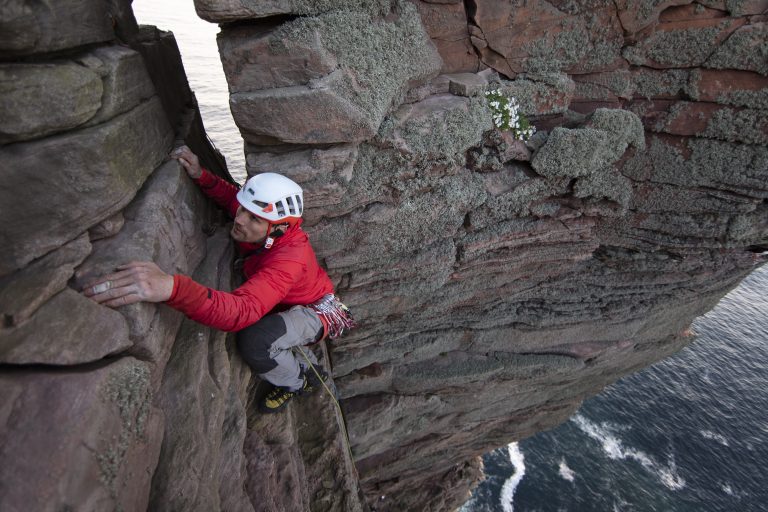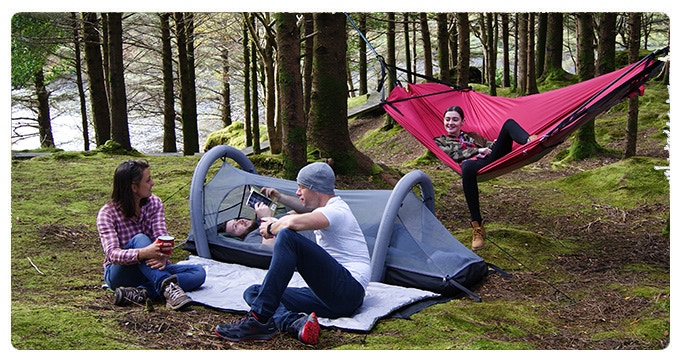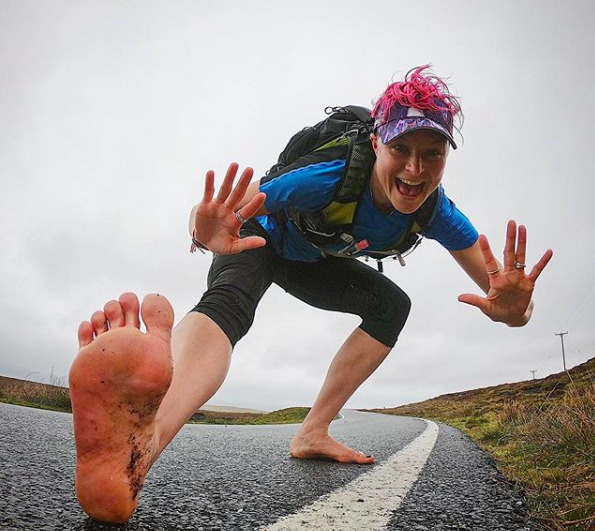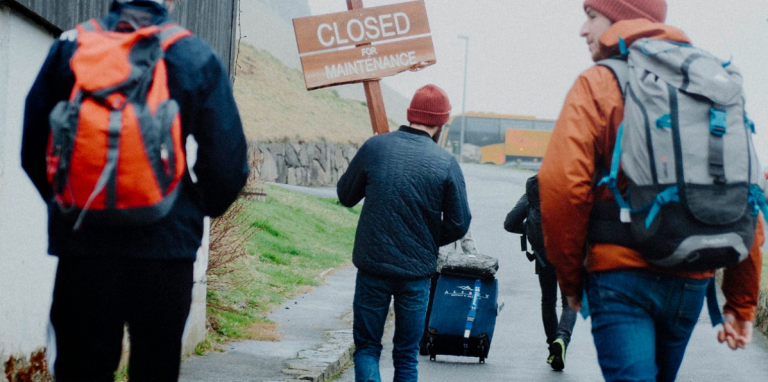Most of Scotland’s bothies could be described as remote, but at 8.5 miles from the nearest public road, you could say Ben Alder Cottage is one of the loneliest you’ll find. It’s located right at the very heart of Scotland, sat within the shadow of the mountain from which it takes its name, with the long, black finger of Loch Ericht stretching miles away from it to the east. And it’s here, at this long abandoned homestead, that many strange goings on have been reported over the decades.
Some of the earliest tales of the bothy come from the book Undiscovered Scotland by Bill Murray. He details a story told to him by his friend Sir Robert Grieve concerning a former officer in the Great War who, when walking from Rannoch to Dalwhinnie, decided to stay overnight at Ben Alder Cottage at a time when it was inhabited by a stalker and his wife. During the night he supposedly heard what seemed like footsteps in the adjacent room, and the next morning the wife explained that a semi-tame stag was in the habit of banging its antlers on the outside walls. She was, however, said to have told this story so unconvincingly and “with such a look of guilt upon her face” that the visitor was sure that she was covering up the real truth.
Another story is retold in the Scottish Mountaineering Club Journal in a piece by Paddy Buckley, the famous fell runner. He describes a tale by Syd Scroggie, a mountaineer who was blinded during the Second World War but who still managed to tramp the Scottish hills. On his first visit to Ben Alder Cottage in November 1963 Syd and his companion heard a series of “tappings, scratchings, footsteps and groans”. The next morning they were said to have witnessed a packet of biscuits being flung from the mantelpiece to the opposite side of the room. This, Syd believed, was a manifestation of the tension between him and the person he had travelled to the bothy with. On a later visit with his daughter Mary another poltergeist phenomenon supposedly occurred – the bothy door crashing open with no explanation.

